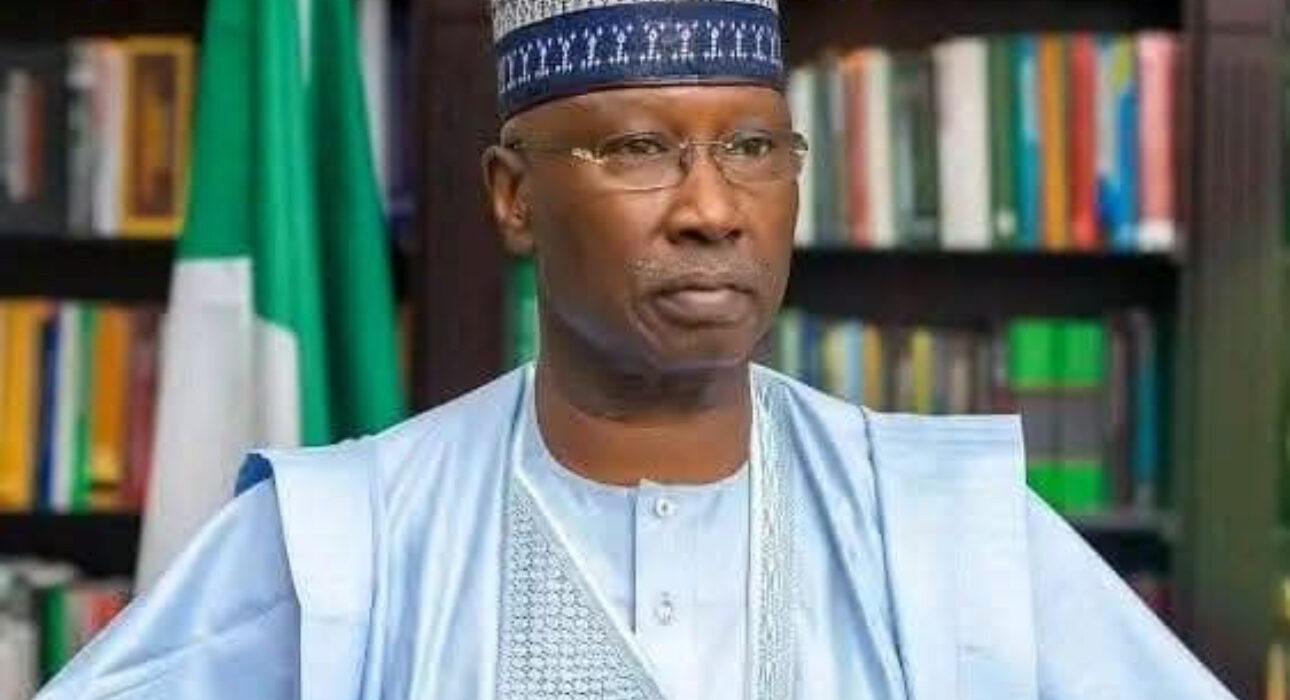Tinubu Building on Buhari’s Reforms, Says Boss Mustapha

Former Secretary to the Government of the Federation (SGF), Boss Mustapha, has said that President Bola Ahmed Tinubu is not veering away from the path laid by his predecessor, Muhammadu Buhari, but is instead building on the reforms initiated during the Buhari administration.
Mustapha made this assertion during the public presentation of a book authored by presidential spokesperson Garba Shehu, titled “According to the President,” held in Abuja.
Speaking at the event, Mustapha described President Tinubu’s policy direction as a continuation of Buhari’s reformist agenda, particularly in the areas of governance structure, economic discipline, infrastructure development, and institutional strengthening. According to him, while every administration may have its own unique style, what is emerging under Tinubu is a clear effort to reinforce and expand the foundation laid by the Buhari-led government.
He emphasized that President Buhari’s leadership was often misunderstood because it was driven by principles rather than populism. He added that Buhari’s reforms—such as the passage of the Petroleum Industry Act, the modernization of the military, investment in infrastructure, and the COVID-19 response—were not always immediately appreciated but have had long-term significance.
Boss Mustapha noted that many of the current administration’s efforts, including the deregulation of the power sector, the overhaul of tax and revenue systems, and civil service reforms, are extensions of policies already in motion during Buhari’s tenure. He cited the recent upgrade of the Central Delivery Coordination Unit into the Central Results Delivery and Coordination Unit (CRDCU) as a key example of institutional continuity and performance management.
He also praised the Tinubu administration for advancing the constitutional principle of local government financial autonomy, which was initiated under Buhari through Executive Order 10. That policy has since been strengthened through a Supreme Court ruling in 2024, ensuring the financial independence of local councils across the country.
“Leadership in Nigeria is not a solo act—it is a relay,” Mustapha said. “The baton has passed from one hand to another, but the race for reform continues. President Tinubu has taken that baton and is pushing forward. He is not dismantling the house that was built, he is renovating and expanding it.”
The former SGF called on Nigerians to view reforms not as isolated political acts, but as a disciplined, long-term commitment to institutional progress. He urged citizens and public servants alike to see the ongoing reforms as a national responsibility, beyond the personalities in office.
The event was attended by high-ranking government officials, political stakeholders, and journalists. It marked yet another moment where members of the former Buhari administration have publicly defended the legacy of the former president while aligning it with the current direction under President Tinubu.
Mustapha’s remarks are likely to add to the broader conversation about political continuity within the ruling All Progressives Congress (APC), especially as both supporters and critics continue to assess whether Tinubu’s administration represents change, consolidation, or a combination of both.









